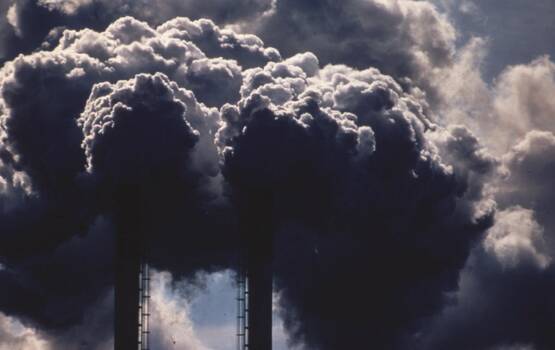
Trade Unions for Energy Democracy’s newest working paper.
Since the early 1990s, “putting a price on carbon” has been, perhaps, the primary policy proposal for fighting climate change by reducing greenhouse gas emissions. Whether through carbon taxes or cap-and-trade emissions trading schemes (ETS), proponents of carbon pricing see it as a way to guide investment toward green solutions without the need for governments to intervene directly in the economy. ETSs, in particular, have been favored by businesses and neoliberal policy makers seeking to limit emissions without disrupting business-as-usual.
For these reasons, great expectations are being placed on ETSs. The climate agreement, signed by the nations of the world in Paris in December, enshrines ETSs as a key mechanism for limiting emissions. But are ETSs effective instruments for reducing emissions? And how should trade unions approach debates around cap-and-trade policies?
It has been a decade since the European Union established the world’s largest ETS, so there is plenty of evidence available for a reevaluation of trade union positions on cap-and-trade. In the long aftermath of the 2008-9 financial crisis, the price on greenhouse gas emissions in the EU cap-and-trade emissions trading schemes has been too low to incentivize investors to move away from fossil fuels. The European Trade Union Confederation (ETUC)—a supporter of the EU ETS—has called for policies that would raise the cost of emissions while also expressing concern about “carbon leakage,” where companies move polluting activities (and associated jobs) to jurisdictions without price constraints on pollution. Such a position threads the needle of trade union debates around the EU ETS without resolving the underlying tensions—nor, it should be noted, shifting EU policy in any appreciable way. With the Paris Agreement giving an even more prominent role to cap-and-trade, unions around the world are likely to face similar debates.
In this TUED Working Paper, Sean Sweeney, the director of the International Program for Labor, Climate and the Environment at CUNY’s Murphy Institute, argues that it is time for unions to reevaluate their stance on cap-and-trade policy. Market-based solutions may be appealing to business interests and their political allies, but it’s going to take direct governmental action to guide a transition to a just, democratic, and sustainable energy system. The now battered neoliberal consensus finds public and democratic ownership and control of a key economic sector to be anathema, but it is precisely what is needed if we are serious about combating climate change.